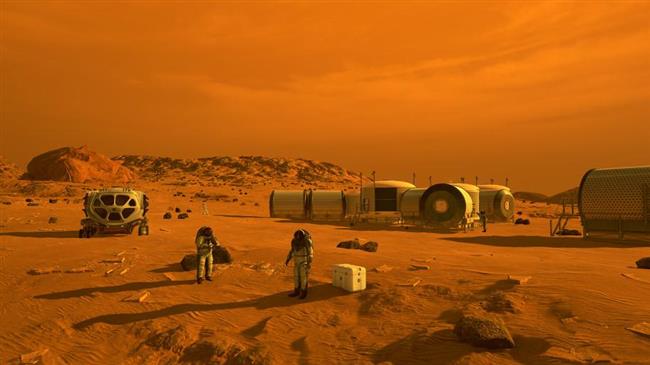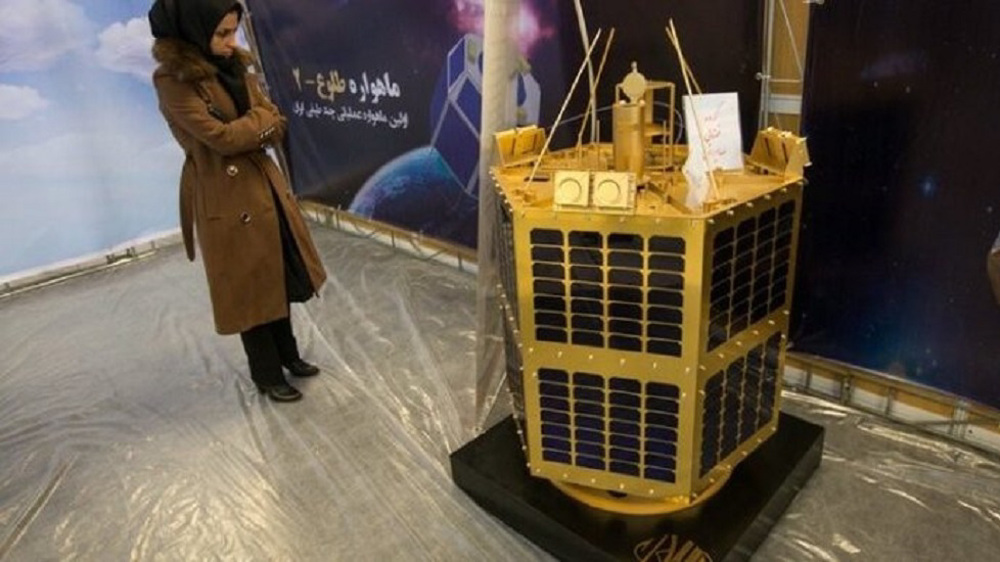Space scientists use COVID-19 lockdown as dry run for Mars mission
French space scientists are using the COVID-19 lockdown as a dry run for what it will be like to be cooped up inside a space craft on a mission to Mars.
The guinea pigs in the experiment are 60 students who are confined to their dormitory rooms in the southern city of Toulouse - not far removed from the kind of conditions they might experience on a long space mission.
When the French government imposed movement restrictions to curb the spread of the virus, space researcher Stephanie Lizy-Destrez decided to make the most of a bad situation, and signed up the student volunteers.
It’s not an exact simulation of space flight: tasks such as picking up samples from a planet’s surface using a lunar rover do not feature, and the students can break off from their virtual space journey for a daily trip outside.
Instead, they conduct computer-based tasks such as memory tests and mental agility tests. They keep a daily journal, and every five days have to complete a questionnaire.
The students have a different set of motivations to real astronauts, said Lizy-Destrez , Associate Professor of Space Systems Engineering at ISAE-SUPAERO, an aeronautics and space institute in southern France.
“In the case of the participants in the experiment on campus, it’s a confinement which was imposed on them,” she said.
But the tight living quarters - students are in rooms that measure 12 square metres (130 square feet) - and the limits on what people can do are similar to conditions people might encounter in space.
So too are the adverse psychological effects this can have on people, which scientists are keen to better understand before sending astronauts on a mission to Mars that could last several months.
Tom Lawson, a masters student in aerospace engineering who is participating in the programme, described the effects.
“A lot of the students are finding it extremely difficult to keep up with their work and keep up with what they have to do,” Lawson said.
In 2017, six volunteers spent two weeks in Poland in a simulated version of a Mars base. The Mars Desert Research Station in Utah, the United States, also stages simulated missions.
The advantage of the lockdown mission is that researchers had access to a larger sample size; most simulated missions involved four to six people.
French President Emmanuel Macron has said France will begin relaxing the lockdown from May 11. As with people returning home after a long space mission, the students will need to gradually readjust, said Lizy-Destrez.
“We’ll have to be vigilant because there could be unpredictable behaviour,” she said.
(Source: Reuters)
Hamas official: 'Land grab part of Israel’s ethnic cleansing policy'
VIDEO | Bethlehem: Where faiths meet, identity endures
VIDEO | Conflict in Sudan denies young people of their right to education
VIDEO | Venezuela's national assembly passes law against piracy
14 countries condemn Israel's West Bank settlement plan
VIDEO | UK pro-Palestine hunger strikers
VIDEO | US $1tn military war budget
VIDEO | Yemen’s warring sides reach major prisoner exchange deal












 This makes it easy to access the Press TV website
This makes it easy to access the Press TV website